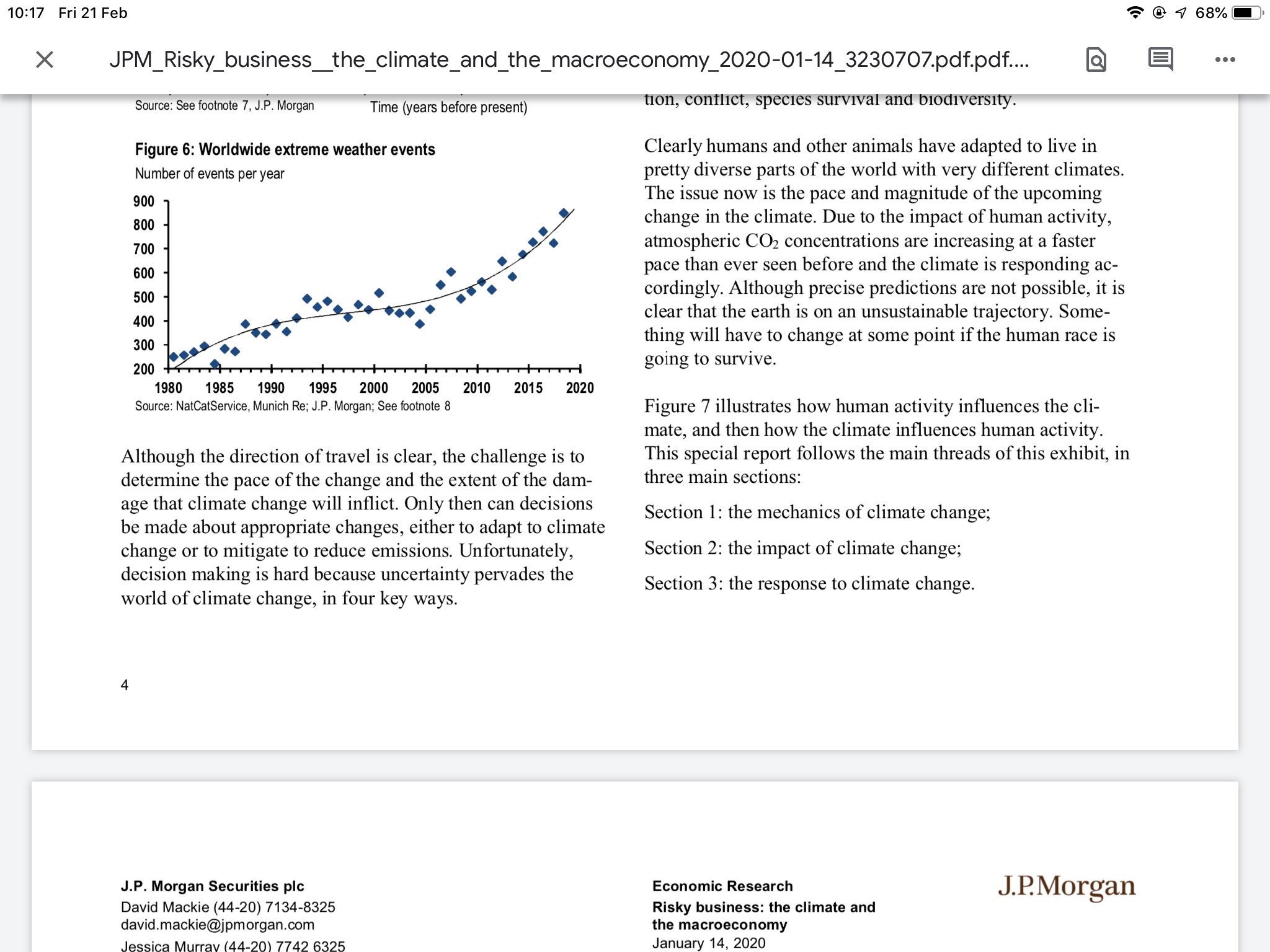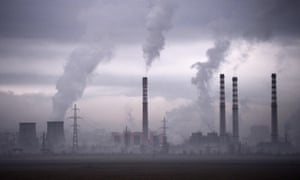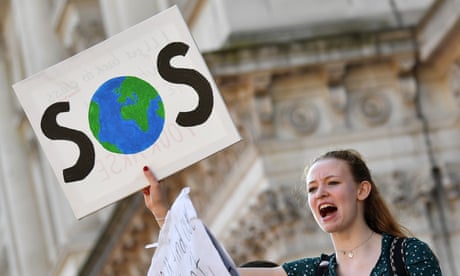200% Proof Something Will Happen In America Economic Collapse 2020 Stock Market CRASH!
200% Proof Something Will Happen In America Economic Collapse 2020 Stock Market CRASH!
•Feb 8, 2020
Epic Economist
Is 2020 the year of economic collapse?
The great fathers who founded our nation always referred to debt dependence as a way of stealing from our future generations. For several years, the United States has depended on debt and in 2020; the US is on its way to hit a new record of about $2 trillion dollar in deficit.
This reliance on debt is almost getting out of control not to mention that we will have great trouble if the price of oil hikes.
We are in trouble because the stock market rise is almost becoming unsustainable since the rise has been fueled by continuous pumping of cash into the markets by the Federal Reserve.
If a war erupts with Iran, the Federal Reserve will not be able to finance a war and pump money to the stock market at the same time.
Too many things are at stake at this point a major stock market crash will have to happen.
America is certainly not in an economic collapse now and most likely, the nation may not avoid big economic meltdown for long since the indicators that the nation might find itself in economic collapse are rising exponentially.
The global investors in the bond market are sending a clear message; since the end of July, the long term interest rates have plunged and history has proven that this often precedes decline in economic growth, interest rates reduction by the Federal Reserve.
If key policies are not enacted at this stage, things may get out of hands resulting in a financial collapse and stock market crash.
The Federal Reserve has already pumped $3 trillion dollar into the markets and they are planning to pump more $2.8 trillion dollar.
They are also buying treasuries worth about $60 billion every month.
This indicates that the economic depression has already begun biting and any time, the bubble will burst and it will be obvious that an economic collapse has begun.
However, any time a collapse is about to occur, the elites in the federal reserve always use existing crisis events or even intentionally trigger some events to distract the public attention. Usually, collapse is a process that is difficult for people to notice until it is too late.
Everyone will realize that things are out of control the day we will wake up and realize that the dollar has already lost 50% of its value or if we find out that major exporting countries have rejected the dollar as global payment currency.
There is no limit in the amount of dollars that can be printed and this time around, it will become almost impossible to avoid the dollar collapse. It is not a surprise that most central banks prefer gold over the dollar.
In conclusion, we have a rigged economic model made up of fiat money, poor growth and inefficient policies.
In this condition, it will not take long to find ourselves in a biting economic collapse than what we had back in 2008.
It is clear that a major economic collapse is on the way and we have to be prepared and remain vigilant for any signs of extreme imbalance either in the stock market or the housing market since the things discussed can easily trigger a financial collapse in America.
The system is already broken in many ways and it is crumbling under its weight.
The world is driven by nature’s law and only humans think that they can defy the force of gravity.
From history, we have learned the hard way multiple times that greed always leads to a disastrous ending.
There is a very high chance that the worst economic collapse might happen in 2020. However, even if it does not happen, we should not feel safe because all signs signify that it will happen very soon.
We may not know the exact date but we have all the signs so it is wise that we prepare for the worst.




